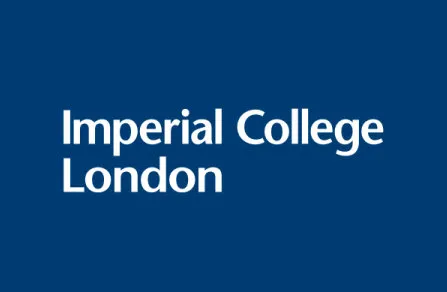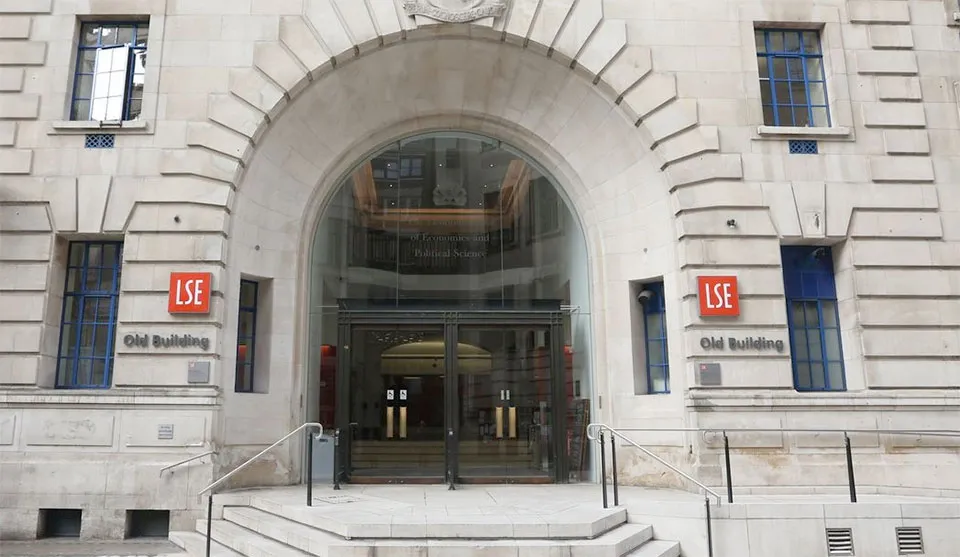About

University Type
Public

London,
United Kingdom

Year Established:
1895
The London School of Economics and Political Science (LSE or the LSE) is a public research university located in London, England, and a constituent college of the federal University of London. Founded in 1895 by Fabian Society members Sidney Webb, Beatrice Webb, Graham Wallas, and George Bernard Shaw, LSE joined the University of London in 1900 and established its first degree courses under the auspices of the university in 1901. LSE began awarding its degrees in its own name in 2008, prior to which it awarded degrees of the University of London.LSE is located in the London Borough of Camden and Westminster, Central London, near the boundary between Covent Garden and Holborn. The area is historically known as Clare Market. LSE has more than 11,000 students, just under seventy percent of whom come from outside the UK, and 3,300 staff. It had an income of £415.1 million in 2019/20, of which £31.8 million was from research grants. One hundred and fifty-five nationalities are represented amongst the LSE's student body and the school had the second highest percentage of international students (70%) of the 800 institutions in the 2015–16 Times Higher Education World University Ranking. Despite its name, the school is organised into 25 academic departments and institutes which conduct teaching and research across a range of pure and applied social sciences.
Rankings

#234
USNews

#56
QS

#52
THE
London School of Economics & Political Science Program Rankings
-
Actuarial Science (UG) - Rank #37 (QS)
London School of Economics & Political Science Highlights
FAQs
What are the most popular graduate programs offered at London School of Economics and Political Science?
The London School of Economics and Political Science (LSE) is renowned for its programs in Economics, Political Science, Sociology, Law, and Management. The MSc in Economics and the MSc in International Relations are particularly popular among students seeking to advance their knowledge and careers in these influential fields.
What is the Annual Cost of attendance at London School of Economics and Political Science?
For the academic year, the tuition fees for international graduate students at LSE can range from £22,430 to £34,960 depending on the program. The estimated living cost is around £15,000 per year. The total cost, combining tuition and living expenses, ranges from approximately £37,430 to £49,960, which equates to about 38,31,000 INR to 51,04,000 INR, using the current exchange rate of 1 GBP = 102.5 INR.
What Financial aid and scholarship options are available at London School of Economics and Political Science?
LSE offers a variety of financial aid and scholarship options to help manage the costs of studying. These include merit-based scholarships, need-based grants, and country-specific awards such as the Chevening Scholarships for international students. Prospective students can apply for scholarships via the LSE Financial Support Office or through their respective academic department upon receiving an offer of admission.
What is the reputation and ranking of London School of Economics and Political Science?
The London School of Economics and Political Science holds a prestigious position in global academic rankings. Specifically, it ranks consistently high in Social Sciences, being 2nd in the world for Social Policy & Administration and top 10 for Sociology and Law in various international rankings. These accolades reflect the school's strong emphasis on research and academic excellence.
What is the campus culture like at London School of Economics and Political Science?
The campus culture at LSE is vibrant and intellectually stimulating. The university hosts numerous cultural fests, public lectures, and networking events throughout the year. Students can engage with over 200 societies and clubs ranging from the Debate Team to the Film Society. The annual LSE Festival is a highlight, featuring public discussions and exhibitions on major global issues.
What are the housing options at London School of Economics and Political Science?
LSE offers a range of on-campus housing options including halls of residence which are convenient and cater to a variety of student needs. For off-campus housing, many students choose to live in nearby areas such as Clerkenwell, Islington, or Southwark, which are popular for their vibrant communities and proximity to campus. These areas provide good access to local amenities and transport links.
.webp)

.webp)
.webp)
.webp)
.webp)
.webp)

